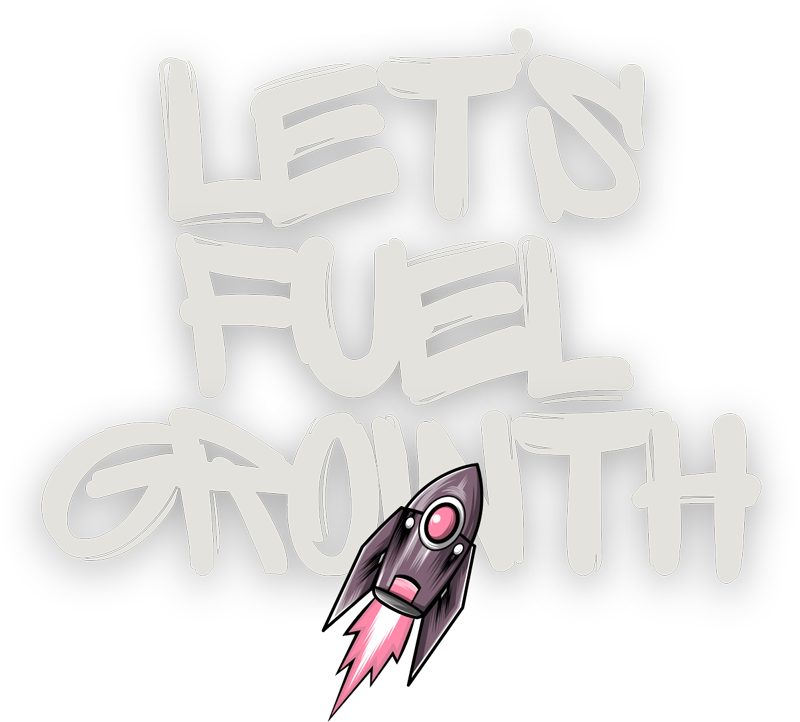
Substance Abuse Intervention: A Step-by-Step Guide to Helping a Loved One
Facing the reality that a loved one is struggling with addiction is heartbreaking. Families often feel torn between wanting to help and fearing they will push someone away. That’s where an intervention comes in. Done with compassion and preparation, an intervention can open the door to treatment and, ultimately, recovery.
What Is an Intervention?
An intervention is a structured, planned conversation where family members, friends, and sometimes a professional interventionist come together to encourage a person struggling with addiction to seek treatment.
Unlike casual conversations or arguments that may happen during moments of frustration, interventions are intentional. They focus on love, support, and presenting clear solutions.
Key characteristics of an intervention include:
- Preparation: Participants know what they will say and how they will say it.
- Support network involvement: Friends, family, and sometimes colleagues unite to show concern.
- Treatment options ready: Before the intervention, resources and treatment pathways are identified.
An intervention is not about blame, it’s about showing someone they are not alone and that help is available.
When to Consider an Intervention
Deciding whether or not it’s the right time for an intervention can feel overwhelming. Addiction doesn’t look the same for everyone, but there are common signs that indicate professional help may be needed:
- Behavioral changes: Mood swings, secrecy, and withdrawal from family or social activities.
- Decline in health: Noticeable weight loss, poor hygiene, or unexplained injuries.
- Work or school issues: Frequent absences, poor performance, or job loss.
- Financial instability: Borrowing money, unexplained spending, or theft.
- Legal problems: DUIs, arrests, or other substance-related incidents.
If these warning signs are present, waiting rarely helps. Addiction is progressive, and the sooner a person gets help, the better the chances for recovery.
Preparing for an Intervention (The Planning Stage)
Preparation is the foundation of a successful intervention. Without it, emotions can take over, and the message may be lost. Here’s how to plan:
1. Build the Right Team
Involve people who truly care about the individual’s well-being, family, close friends, or trusted coworkers. Avoid including anyone who might escalate conflict or enable destructive behavior.
2. Research Treatment Options
Before the intervention, identify treatment programs, rehab centers, outpatient clinics, or counseling services. This way, you can present a clear path forward when the person agrees to seek help.
3. Craft Personal Statements
Each participant should prepare what they want to say. These statements should:
- Express love and concern.
- Give specific examples of how addiction has affected the relationship.
- Avoid judgmental or shaming language.
4. Set Boundaries and Consequences
If the person refuses treatment, participants should calmly communicate the boundaries they will uphold, for example, no longer providing financial support or allowing substance use in the home.
5. Rehearse Together
Rehearsing helps the group stay calm and united. Practice helps ensure the conversation stays focused on care, not conflict.
How to Stage an Intervention (Step-by-Step)
On the day of the intervention, follow these steps:
- Choose the right time and place. Select a private, comfortable location where the person is likely to be sober and attentive.
- Gather the team quietly. Avoid surprising the individual in public or during a crisis.
- Begin with compassion. Each person shares their prepared statement, keeping the tone supportive.
- Present treatment options. Offer practical solutions, rehab admission, counseling, or community-based support groups.
- Ask for immediate action. Encourage the individual to commit to treatment on the spot.
- Stay united. If the person resists, calmly reinforce boundaries while keeping the door open to support when they’re ready.
Common Mistakes to Avoid
Even with the best intentions, interventions can fail if certain pitfalls aren’t avoided:
- Attacking or blaming. Shame drives people deeper into denial or substance use.
- Improvising. Without preparation, conversations can spiral into arguments.
- Empty promises. Setting boundaries and then failing to enforce them weakens the message.
- Choosing the wrong time. Trying to intervene when the person is intoxicated or angry reduces effectiveness.
Should You Use a Professional Interventionist?
For many families, hiring a substance abuse interventionist can make all the difference. Interventionists are trained professionals who:
- Guide families through preparation.
- Facilitate the actual intervention, keeping emotions in check.
- Provide education about addiction and recovery.
- Help connect the individual to treatment immediately.
While not every situation requires a professional, having one often improves the chances of success, especially in complex or high-risk cases.
Tips for a Successful Intervention
- Lead with love. The goal is to show care, not control.
- Be consistent. Every participant should deliver a unified message.
- Offer hope. Emphasize that recovery is possible and that support will be ongoing.
- Stay patient. Sometimes it takes more than one conversation for someone to accept help.
- Follow through. Keep your commitments, whether offering support or enforcing boundaries.
FAQs About Starting an Intervention
- How long does an intervention take?
Most interventions last between 30 minutes to 90 minutes, depending on the situation and the number of participants.
- Do interventions always work?
Not always. Some individuals may resist initially. However, interventions often plant the seed for change, even if immediate treatment isn’t accepted.
- What if my loved one refuses help?
Stay consistent with boundaries and keep offering love. Sometimes, after initial resistance, people return when they realize the support system is genuine.
Why Interventions Matter
An intervention is more than a meeting, it’s a turning point. By showing someone that they are not alone and presenting a clear path to recovery, you create a powerful opportunity for transformation.
For families, friends, and communities, interventions also provide healing. They shift the focus from frustration and fear to compassion and action.
Final Thoughts & Next Steps
Starting an intervention takes courage, but it may be the step that saves your loved one’s life. Remember: preparation, compassion, and a clear treatment plan are key.
At Let’s Fuel Growth, Inc., we believe in empowering resilience, recovery, and leadership. Through transformative events, community programs, and volunteer opportunities, we work to fuel growth for individuals and families impacted by mental health and addiction.

